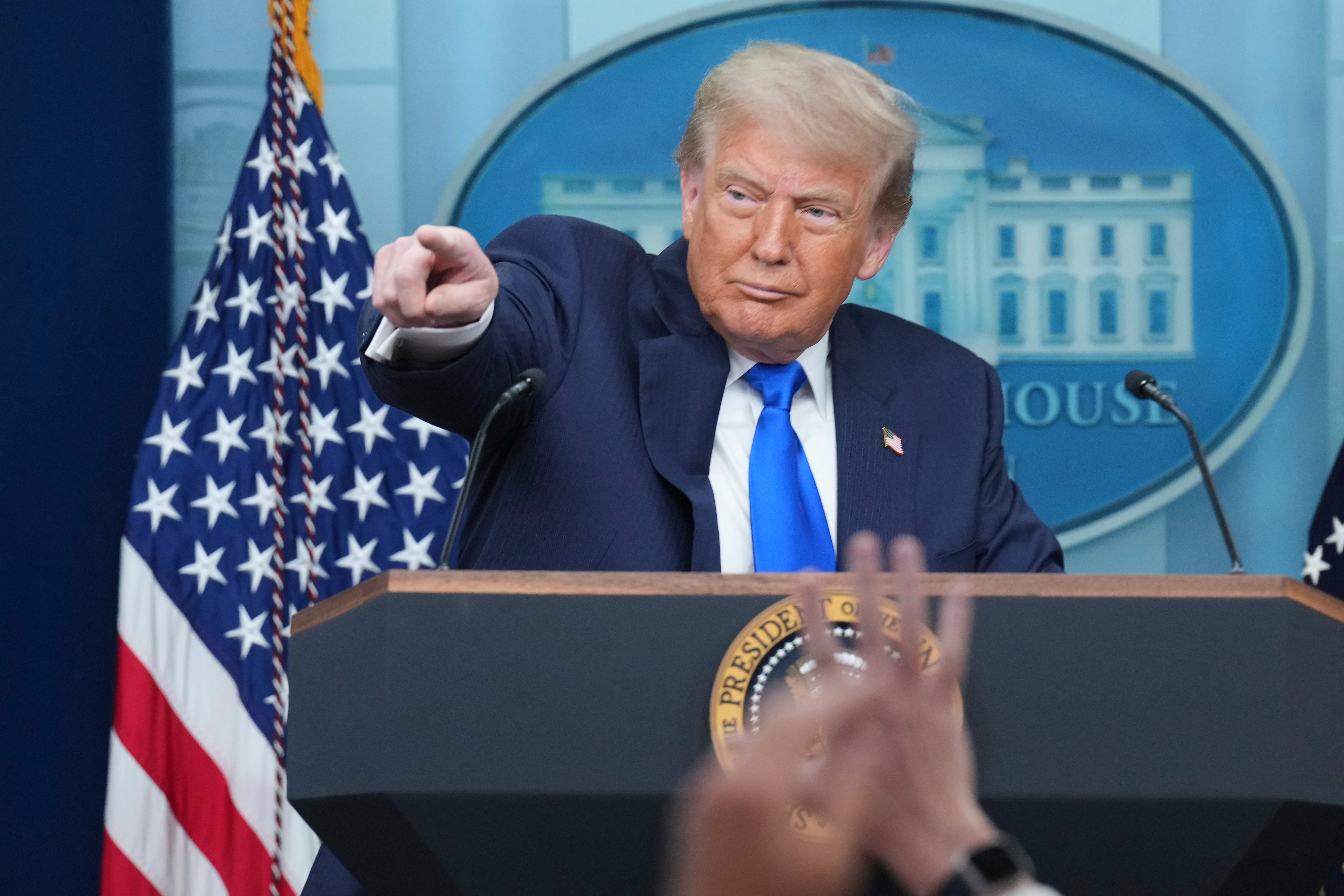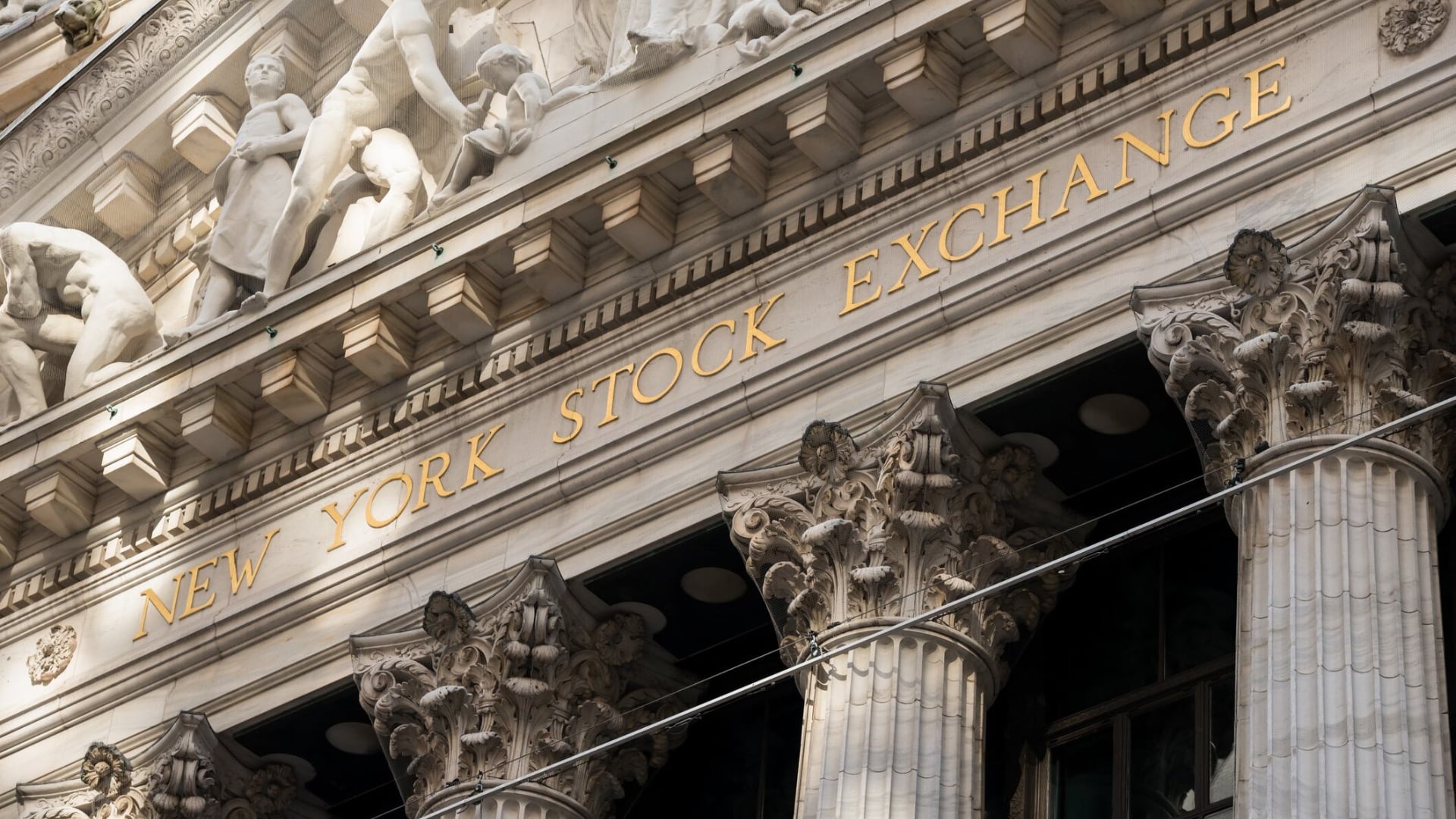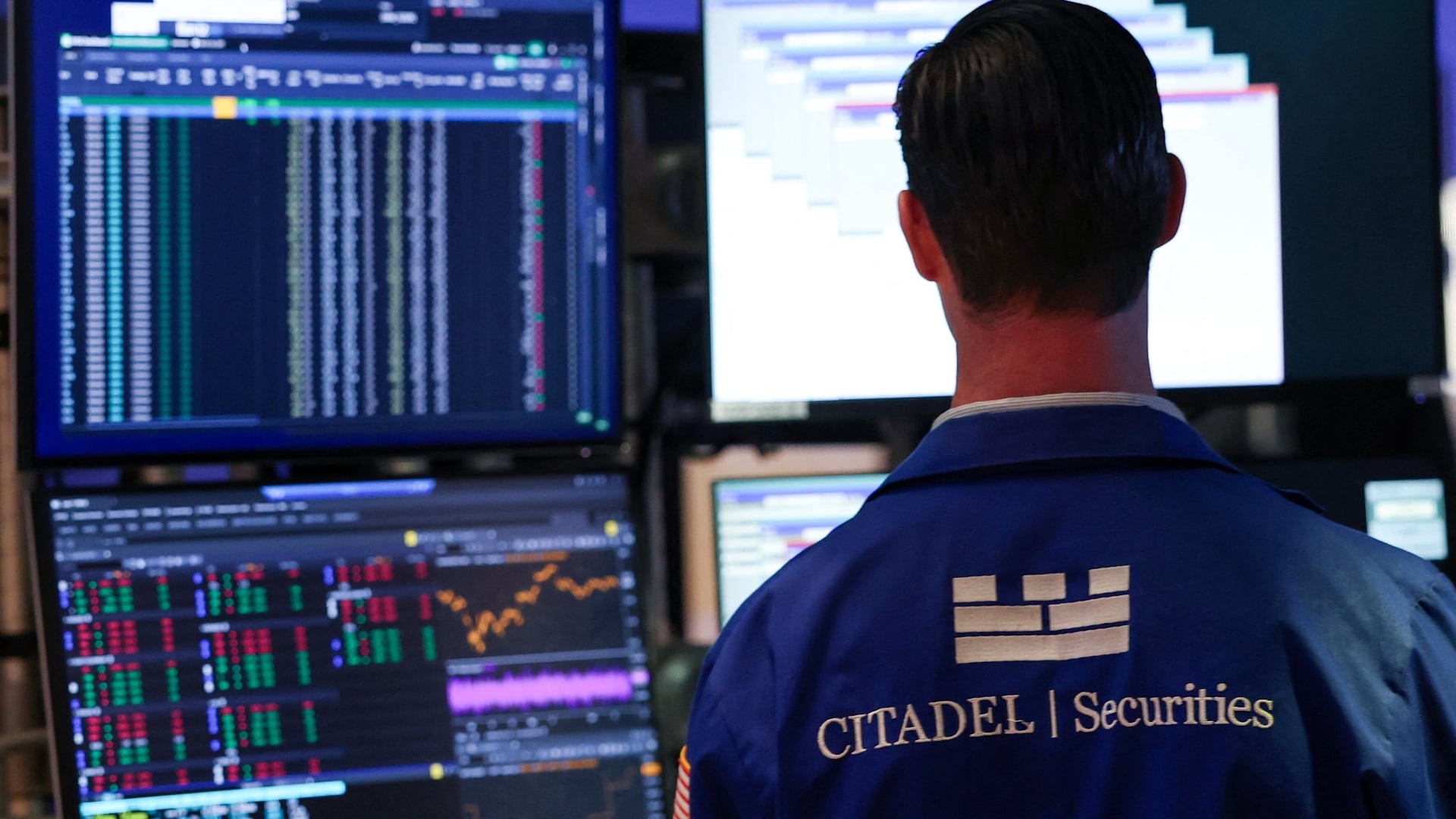Altria on Thursday wrote down the investment it made last December in Juul Labs by more than a third, an implicit recognition that the stake the cigarette giant took in the embattled vape company was among the most ill-timed in recent corporate history.
The $4.5 billion writedown gives Juul a new valuation of about $24 billion. Late last year, Altria paid nearly $13 billion for a 35 percent stake in Juul, just before Juul became the target of regulators, politicians, and health officials who blamed it for stoking a major spike in youth vaping.
In its earnings call, Altria said it would continue to support the leadership changes at Juul, which is now run by a former Altria executive, and planned layoffs that could reduce headcount by as much as 15 percent.
Earlier this week, Fidelity also cut the value of its Juul stake by nearly 50 percent. Juul had been part of Fidelity's Blue Chip Growth Fund. The fund reported that its Juul investment fell a whopping $352 million in September alone as the government's crackdown on flavored vape products ramped up and more reports surfaced of people dying from a mysterious vaping-related illness. None of those deaths ー 34 have been confirmed as of last week ー have been directly tied to Juul products. BuzzFeed also reported this week on an explosive lawsuit by a former Juul executive who alleges that the company shipped more than a million contaminated pods to customers. Juul has called that suit baseless.
Altria's major investment in Juul was the clearest indication that the big cigarette makers, facing a worldwide decline in smoking, saw their future in vaporized nicotine. Nearly a year later, that bet is anything but clear.












